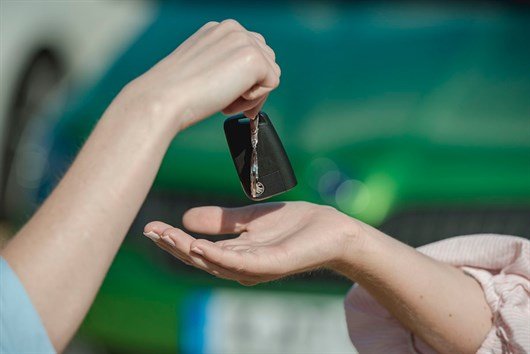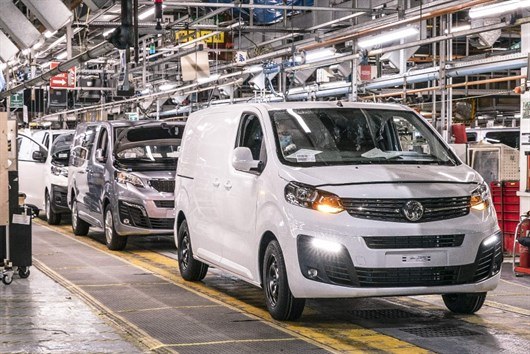New car market shows small signs of growth

- New car registrations increased by 1.2 per cent in August to end five months of decline
- Industry growth was driven by uptake in electric and petrol vehicles
- Automotive sector's recovery is threatened by spiralling energy costs and inflation
New car sales in the UK increased by 1.2 per cent last month (August 2022) as the market stabilised after five straight months of decline.
Industry data from the Society of Motor Manufacturers and Traders (SMMT) show 68,858 new cars were registered during the traditionally quiet pre-plate change month of August, with growth being driven by sales of petrol and electric vehicles which were up by a respective 7.5 and 34.5 per cent.
Total new car registrations in the UK remain 10.7 per cent down in 2021 and 35.3 per cent below the pre-pandemic average of 2019. The SMMT has warned that rising costs for car manufacturers and dealerships could derail the industry's recovery.
"Spiralling energy costs and inflation on top of sustained supply chain challenges are piling even more pressure on the automotive industry’s post-pandemic recovery, and we urgently need the new Prime Minister to tackle these challenges and restore confidence and sustainable growth," said Mike Hawes, SMMT Chief Executive.

Electric car demand remains strong
New car supply has been disrupted by a number of ongoing global supply chain issues, with a shortage of semiconductors and Covid lockdowns in parts of Asia resulting in long waiting times for new vehicles. The war in Ukraine has also affected the supply of raw materials, adding further strain on key manufacturing and logistics centres in Europe.
Growth in August was driven primarily by the sale of new electric cars. EVs now account for 14.5 per cent of all new car sales in the UK and some market commentators do not think the rise in the energy price cap will affect the sector's growth in the short term.
Chris Evans, Head of Sales at heycar, said: "If energy price trends continue, we estimate that EV fuel costs will reach parity with petrol and diesel within six months. However, while some car buyers will be put off by the higher running costs, we think the UK’s EV market will continue to grow.
"In part, this is due to EVs making up a small proportion of vehicles on dealer forecourts. There is already a significant shortage of EV stock compared to demand. Soaring energy costs are unlikely to derail this trend in the short term."

"It could be the calm before the storm"
Despite the positive figures for August, some have warned of trouble ahead. John Wilmot, CEO car leasing comparison website LeaseLoco said "it could be the calm before the storm".
“Households are having to make difficult decisions, cutting spending in the coming months as the cost of food and utility bills spirals. And that means families may delay purchasing big ticket items such as a new car, unless it's absolutely necessary," added Wilmot.
New van registrations were down 24.6 per cent in August, which means sales have declined every month of 2022, fuelling fears of low business confidence. The Bank of England has warned that the UK economy will fall into recession in the final four months of 2022.
How many new cars were sold in August 2022?
According to the SMMT, 68,858 new cars were sold during the traditionally quiet pre-plate change month of August. This figure was slightly higher than the same month in 2021 (1.2 per cent) with growth driven by electric and petrol car sales.
How many electric cars were sold in August 2022?
Industry data from the SMMT show 10,006 electric cars were registered in August 2022, a figure that's 35.4 per cent higher than the same month in 2021. This means 14.5 per cent of all new cars are electric, a figure that could climb to one in five (20 per cent) by the end of 2022.
Why are electric cars so expensive?

Should I buy a hydrogen car?


